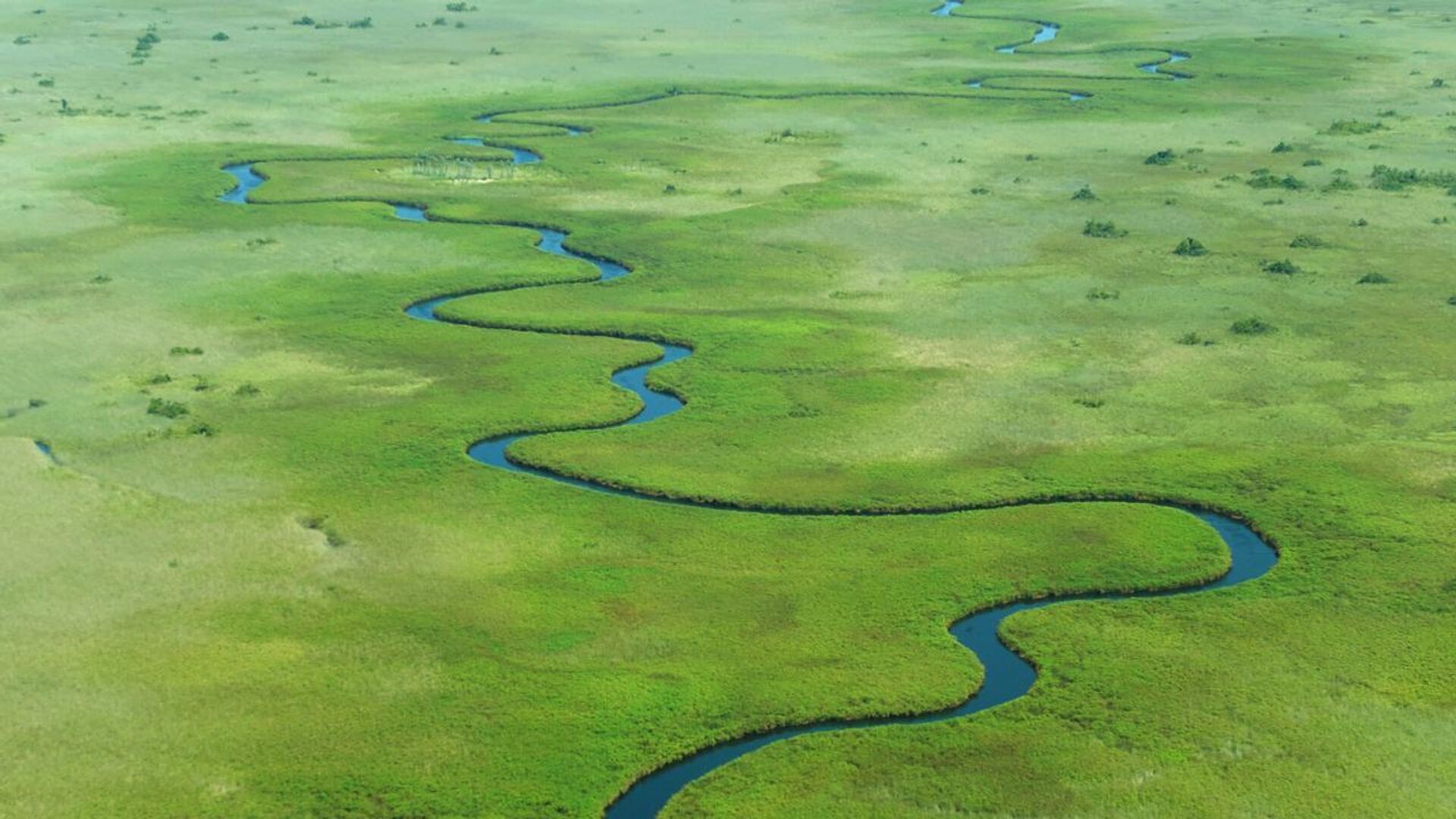https://en.sputniknews.africa/20240601/southern-africa-kavango-zambezi-nations-set-to-broaden-scope-of-exclusive-tourist-visa-1066835041.html
Southern Africa Kavango-Zambezi Nations Set to Broaden Scope of Exclusive Tourist Visa
Southern Africa Kavango-Zambezi Nations Set to Broaden Scope of Exclusive Tourist Visa
Sputnik Africa
Kavango-Zambezi (KAZA) Transfrontier Conservation Area, the second-largest nature and landscape conservation area in the world, is composed of Namibia, Angola... 01.06.2024, Sputnik Africa
2024-06-01T19:22+0200
2024-06-01T19:22+0200
2024-06-03T13:05+0200
sub-saharan africa
south africa
botswana
zambia
zimbabwe
angola
namibia
visa
tourism industry
tourism
https://cdn1.img.sputniknews.africa/img/07e8/06/01/1066834393_0:0:1280:720_1920x0_80_0_0_76f6d39f4e35096f601ea5268aa53225.jpg
Five countries in Southern Africa pledged on Friday to expand the use of a unique single visa in order to facilitate travel throughout the region. Members of KAZA, with representatives from Angola, Botswana, Namibia, Zambia, and Zimbabwe, have in principle agreed to enlarge the unique univisa, which permits entrance into several countries.According to the statement, the group also resolved to urge the Convention on International Trade in Endangered Species of Wild Fauna and Flora (CITES) to lift the elephant ivory trade ban, as CITES banned the African elephant ivory trade in 1989 to protect the species. The nations claim $1 billion in ivory stockpiles and seek to trade it to fund conservation programs.This kind of visa as a pilot project was launched in 2014 between Zambia and Zimbabwe, and has proven to be successful after the pilot phase. With the goal of increasing regional economic development through tourism, the univisa allows travelers to move between partner countries without having to obtain an entry visa for each country.Regional leaders announced their intention to expand the special visa program to include other nations in the conservation area and the southern African economic bloc during a summit of KAZA chiefs of state held in Livingstone, Zambia.Botswana would adopt the univisa in full, the vice president of Botswana, Slumber Tsogwane announced.
south africa
botswana
zambia
zimbabwe
angola
namibia
Sputnik Africa
feedback@sputniknews.com
+74956456601
MIA „Rossiya Segodnya“
2024
News
en_EN
Sputnik Africa
feedback@sputniknews.com
+74956456601
MIA „Rossiya Segodnya“
Sputnik Africa
feedback@sputniknews.com
+74956456601
MIA „Rossiya Segodnya“
south africa, botswana, zambia, zimbabwe, angola, namibia, visa, tourism industry, tourism, elephants
south africa, botswana, zambia, zimbabwe, angola, namibia, visa, tourism industry, tourism, elephants
Southern Africa Kavango-Zambezi Nations Set to Broaden Scope of Exclusive Tourist Visa
19:22 01.06.2024 (Updated: 13:05 03.06.2024) Kavango-Zambezi (KAZA) Transfrontier Conservation Area, the second-largest nature and landscape conservation area in the world, is composed of Namibia, Angola, Zambia, Botswana and Zimbabwe, brought together by the enormous swath of land including a major part of the Upper Zambezi River and Okavango basins.
Five countries in Southern Africa pledged on Friday to
expand the use of a unique single visa in order to facilitate
travel throughout the region. Members of KAZA, with representatives from Angola, Botswana, Namibia, Zambia, and Zimbabwe, have in principle agreed to enlarge the unique univisa, which permits entrance into several countries.
According to the statement, the group also resolved to urge the Convention on International Trade in Endangered Species of Wild Fauna and Flora (CITES) to lift the elephant
ivory trade ban, as CITES banned the African elephant ivory trade in 1989 to protect the species. The nations claim $1 billion in ivory stockpiles and seek to trade it to fund conservation programs.
Currently in use in Zambia and Zimbabwe, the special visa named "univisa" also makes day excursions to Botswana via Kazungula possible.
This kind of visa as a pilot project was launched in 2014 between Zambia and Zimbabwe, and has proven to be successful after the pilot phase. With the goal of increasing regional economic development through tourism, the univisa allows travelers to move between partner countries without having to obtain an entry visa for each country.
Regional leaders announced their intention to
expand the special visa program to include other nations in the conservation area and the southern African economic bloc during a summit of KAZA chiefs of state held in Livingstone, Zambia.
"We just have to say that this will happen. I am appreciative that my colleagues have come to an agreement over the univisa," Zambian President Hakainde Hichilema said during the meeting.
Botswana would adopt the univisa in full, the vice president of Botswana, Slumber Tsogwane announced.

